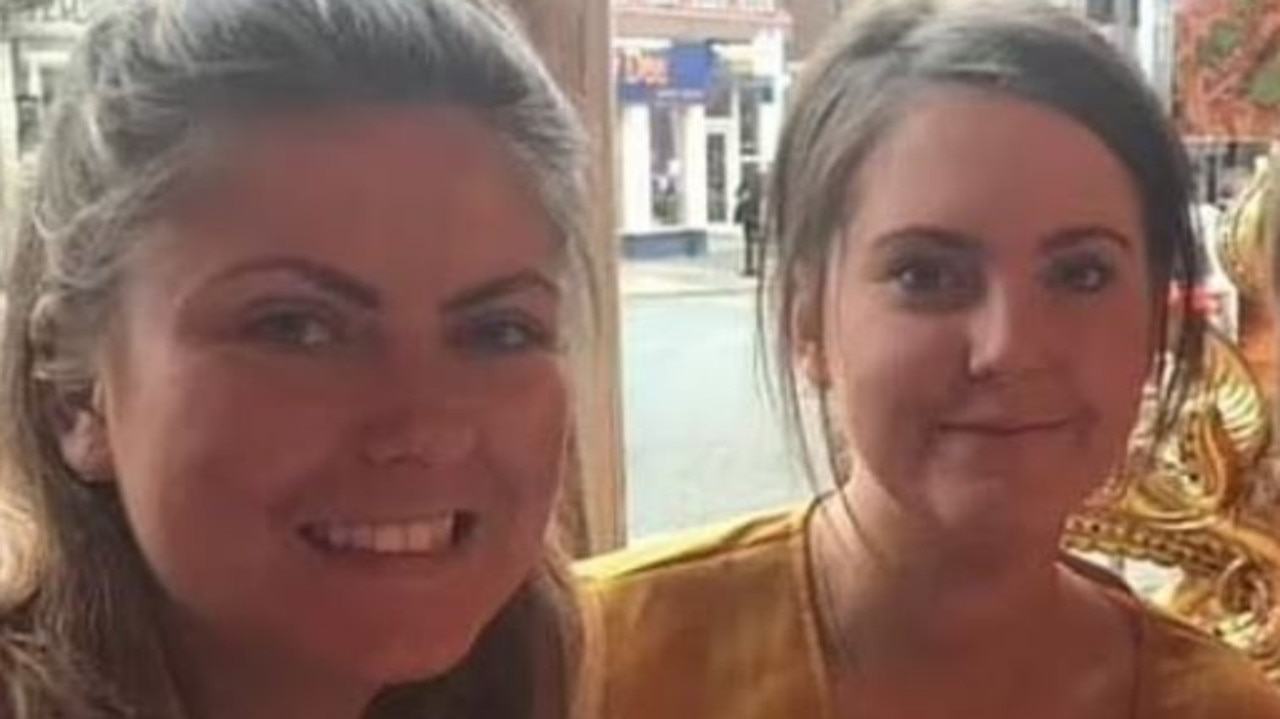Australia’s new forgotten people
AFTER the election of Donald Trump, there is a renewed interest in the lives of an angry segment of Australia’s population.
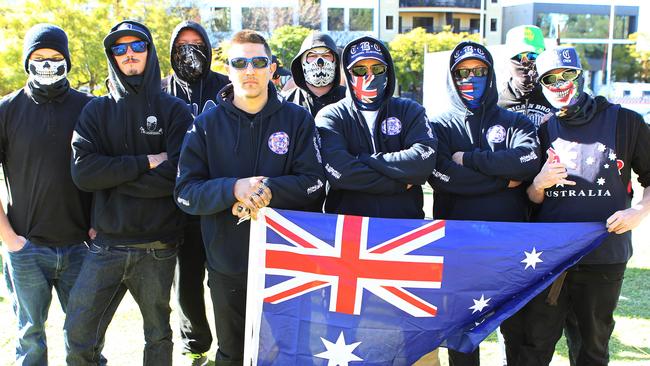
Lifestyle
Don't miss out on the headlines from Lifestyle. Followed categories will be added to My News.
AFTER the election of Donald Trump, there is a renewed interest in the lives of the white working class. Are they the new forgotten people? What is driving their sense of grievance and resentment?
Psychiatrist Dr Tanveer Ahmed has chronicled the cultural rise of mental health problems in his new book Fragile Nation. In this exclusive extract he explains why the anger of this segment of the population should be seen as a legitimate expression of emotional distress.
***
DARRYL was a difficult patient I had been treating for several years.
A stocky man in his forties, he shuffled into each appointment with a walking stick. At first sight, the stick gave him a distinguished quality but then a trace of his bare belly beneath a T-shirt that never quite fit over his bulging gut became visible.
Every appointment would begin the same way.
“How are you travelling, Darryl?” I’d ask.
“Yeah, alright,” he’d mumble. “F**ken insurance pissing me off as usual.”
Darryl was being funded through worker’s compensation after suffering a crush injury to his lower back while lifting crates in a factory. He underwent several operations of inserting plates to metal rods in his spine, to the point where scans of his spine resembled a construction site, but his pain and mobility showed few signs of improvement.
His employer kept him on performing light duties, which was essentially a euphemism for doing the most basic paperwork, but the factory shut down after the manufacturing shifted overseas. He was made redundant.
My mix of mild disdain and sympathy was woken each time Darryl visited. He was the epitome of the bogan, the kind of figure the middle classes were desperate not to be associated with.
Darryl often wore striped football shirts and a beanie to appointments, even during the height of summer. He said it was to cover an emerging bald spot.
He was the only patient to give me a beer coaster as a Christmas present, which I treasure.
He even had a name for his penis, which he not so imaginatively called Rod, a name that emerged in our sessions if sexual side effects were being discussed. His childhood memories involved his father taking him to the greyhound races.
“The bookies were loud. They’d be screaming the odds before the bloody hare came out. I remember some dog called Leah Turd that won at odds of 20/1. We won a motza and my dad bought me a massive tub of ice cream,” he said with a stealthy grin.
But Darryl’s father also suffered a work injury as a carpenter and turned to alcohol. He grew more violent and unable to suppress his rage, started beating his wife, Darryl’s mother, a resourceful woman who worked as an aged care nurse and eventually left her husband.
Darryl had at least one good decade, when he was married with his first wife, had two young children and a traineeship leading to work with Telecom.
He was proud of his time working with the company during the Sydney Olympics, but was made redundant soon after. The marriage ended and his children became more distant.
He claimed he could never tell them that it was their mother who was unfaithful, instead unable to temper his anger through vengeful outbursts in the home. His mood only worsened when his factory job was also stymied, first through injury and then through outsourcing.
Now, in my rooms, he was a ball of suppressed rage, usually projected internally in the form of vague thoughts of harming himself, and made worse after he had consumed his evening round of five or six stubbies of beer.
He once took an overdose of a prescribed tranquilliser after his new partner threatened to leave him, a prospect that was looking more imminent if he didn’t show some improvement.
“It helps me sleep,” he says, in reference to his drinking. “If I take more of those pain meds, I can’t s**t no more.”
But despite his efforts to minimise his rage, it would surface at a range of inopportune times. He had been banned from his stepdaughter’s primary school for fighting with the teachers, once because he thought too many merit certificates were being handed out — “It makes the kids soft”— and another occasion for verbally abusing the middle-aged woman helping at the pedestrian crossing.
“She should have let me cross,” he insisted. “There weren’t any f**ken’ cars.”
On the rare occasions he visited the local shops, he was livid at the demographic changes in the area, a place his extended family had resided in for several generations. So many black and Asian faces, too many fancy designer labels and too few people or organisations backing people like him.
“There’s outfits helping out refugees everywhere, on every bloody corner,” he railed. “They get extra money at school and everything.”
His sense of displacement was most tangibly felt through his regular tussles with the insurance company paying his benefits, attempting to have treatments approved and receive his regular allowance. His mental state was one of free-floating anger.
It is difficult not to see the fragmented rage of people like Darryl as being a fundamental factor in the rise of demigods such as Donald Trump or the success of politicians like Pauline Hanson in Australia.
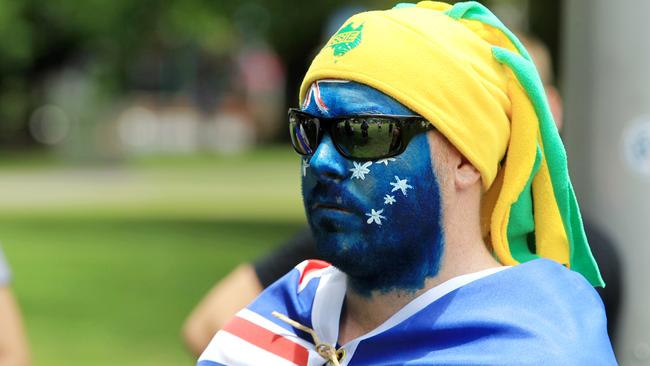
They are the mirror image, the Newtonian reaction to the diffuse resentment of Islamic terrorism, full of dissatisfaction with the “system”, but without workable plans. They represent a pining for simpler, collective identities such as nationalism.
Patients like Darryl, while an isolated case study, illustrate that no collective group or organisation, other than perhaps the football leagues, is actively representing the white working class.
Race-based politics have helped entrench the resentment, for it has given the working class permission to view themselves as an aggrieved, racial group left out in the cold.
Men like Darryl may present to me because they are also the group least likely to manage the gender transition that is necessary for all men in response to changing sexual norms.
There is a much greater expectation for all men to be available emotionally to their partners and children not to mention undertake more housework.
Yet most feminist groups and even the psychiatric classification system don’t easily incorporate rage as a legitimate expression of emotional distress because there is a belief that it will diminish accountability, particularly in areas such a domestic violence.
But as psychiatric patients presenting before the law demonstrate, a more nuanced view that incorporates both responsibility and therapy is possible.
As a psychiatrist, such a turn towards authoritarian certainty makes me think of the place of fathers. I find it instructive that the handful of my patients with strong ties to anti-immigration groups inevitably had limited or ambivalent links with their father.
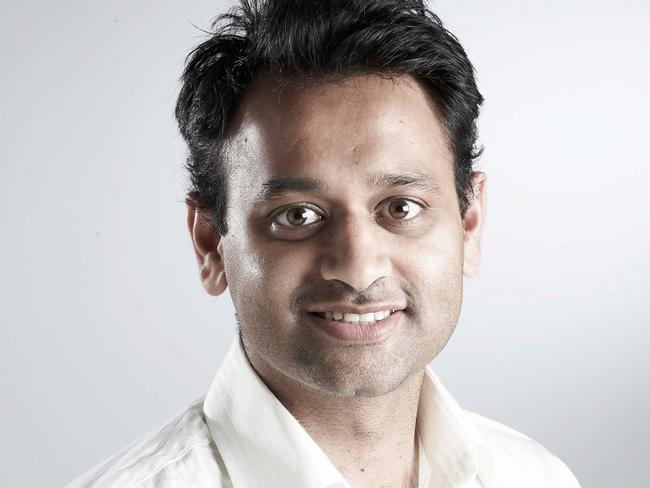
It is difficult not to see the rise of anti-elite, strongman political figures like Trump as a symbolic yearning for a generation of men derived from the highest proportion of fatherless households in modern history.
When supporters of Brexit in England were interviewed, along with views tending to the authoritarian, a common theme was they no longer felt they belonged in the communities they lived in.
There were tinges of racism in these stories, with tales of walking to the shops and only hearing Polish or Romanian and no longer recognising others on the street or of shopkeepers calling them by their first name.
Darryl walked to the local shopping centre and became incensed that he felt like a member of a minority group in the place where he had lived for generations. He noticed signs and organisations advocating for newly arrived immigrant groups such as asylum seekers. Any sense of being part of a collective was limited to buying his Lotto ticket or watching his footy team on the weekend.
Their inner experience was one of what is known in psychology as “learned helplessness”, where you felt like you were a rickety boat being thrown around in choppy waters. This diagnosis has traditionally been applied to survivors of trauma, particularly women subjected to long-term domestic violence.
My experience has taught me that men of limited education, few words and diminished resources were in fact capable of engaging in individual analysis. Changes in political economy had affected the working man disproportionately, but the wider project of helping them gain a greater mastery of their emotions and, in turn, their lives, was a worthy social goal.
Unfortunately I was not able to keep Darryl in any kind of therapy, but the disability agency informed me that the addition of a medication that helped reduce his impulsivity and increase his tolerance towards frustration allowed him to hold down a job in a car wash.
Darryl was a difficult but eventual success story. Instead of projecting his rage outwards he was able to see that his own failures of communication and regulating mood were major contributors to why his life had gone the way it had. He managed to keep his new partner, just, and he had initiated contact with his children after many years.
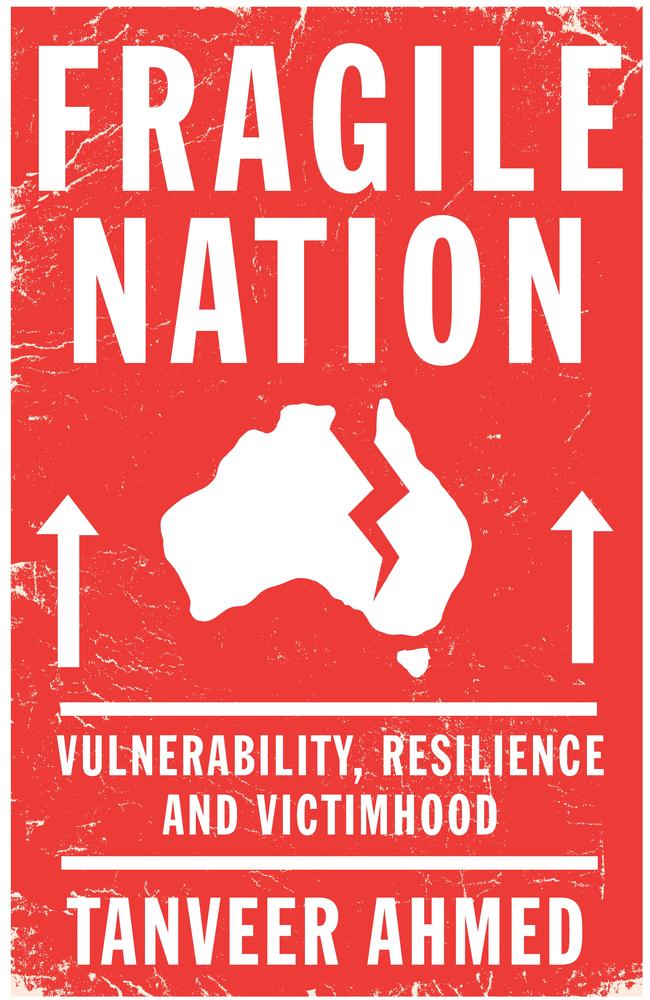
This is an edited extract of Fragile Nation by psychiatrist Tanveer Ahmed. It is published by Connor Court and available now.
Originally published as Australia’s new forgotten people

